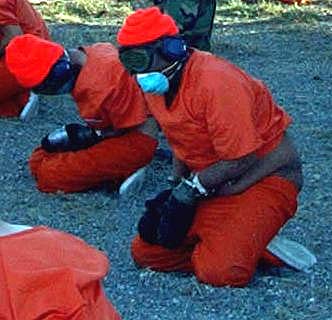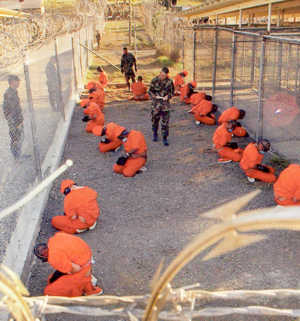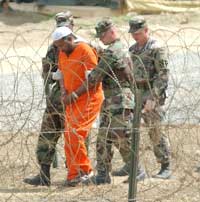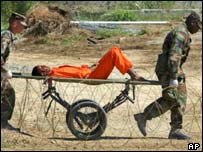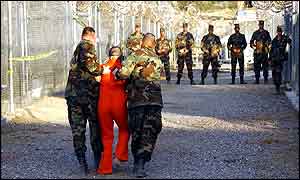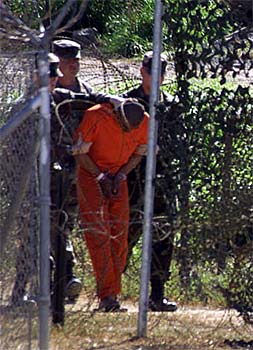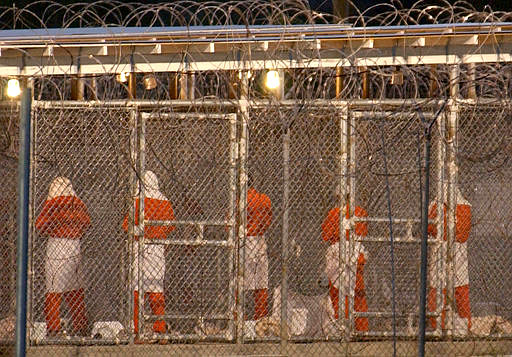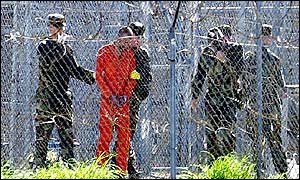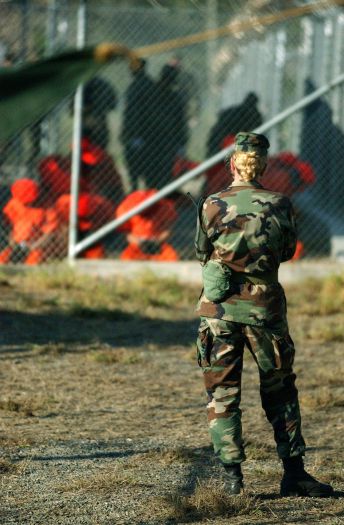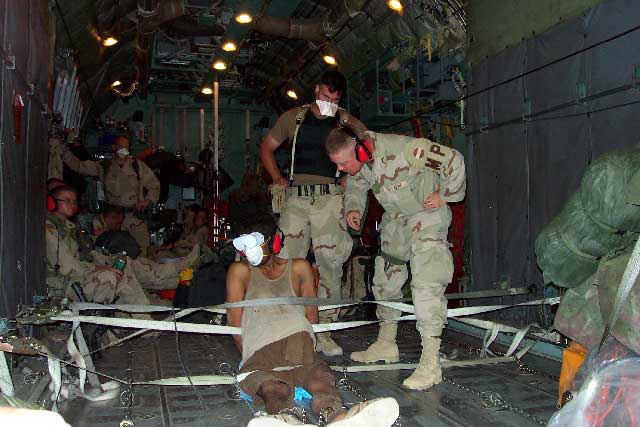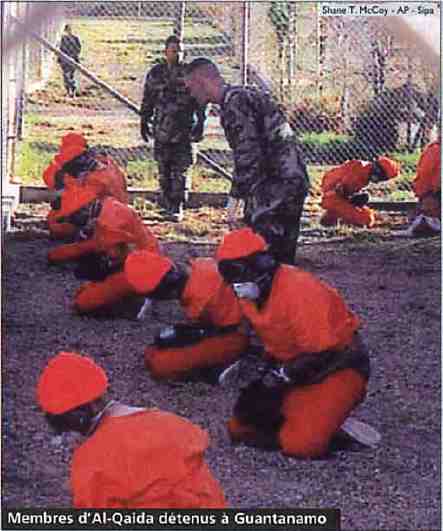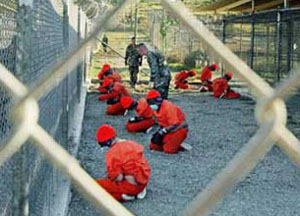Amnesty International said that it has documented a pattern of abuse by US agents against detainees, including in Iraq and Afghanistan, stretching back over the past two years.
Despite claims this week by Secretary of Defense Rumsfeld to be "stunned" by abuses in Abu Ghraib, and that these were an "exception" and "not a pattern or practice", Amnesty International has presented consistent allegations of brutality and cruelty by US agents against detainees at the highest levels of the US Government, including the White House, the Department of Defense, and the State Department for the past two years.
Last July, the organization raised allegations of torture and ill-treatment of Iraqi detainees by US and Coalition forces in a memorandum to the US Government and Coalition Provisional Authority (CPA) in Iraq. The allegations included beatings, electric shocks, sleep deprivation, hooding, and prolonged forced standing and kneeling. It received no response nor any indication from the administration or the CPA that an investigation took place.
Despite repeated requests, Amnesty International has been denied access to all US detention facilities.
"If the administration has nothing to hide, it should immediately end incommunicado detention and grant access to independent human rights monitors, including Amnesty International and the United Nations, to all detention facilities," said Irene Khan, Secretary General of Amnesty International.
"The US administration has shown a consistent disregard for the Geneva Conventions and basic principles of law, human rights and decency. This has created a climate in which US soldiers feel they can dehumanize and degrade prisoners with impunity.
"What we now see in Iraq is the logical consequence of the relentless pursuit of the 'war on terror' regardless of the costs to human rights and the rules of war."
Amnesty International has expressed concern about the mixed messages which the US government has sent regarding its commitment to international human rights standards.
Abuses have not been restricted to Abu Ghraib. Numerous people held in the US Air Bases in Bagram and Kandahar in Afghanistan say they were subjected to torture or other cruel, inhuman or degrading treatment in US custody, and the administration has failed to comply with the Geneva Conventions with regard to the Guantánamo detainees.
Former Guantánamo detainee Wazir Mohammad told Amnesty International of excessive and cruel use of shackles and handcuffs, sleep deprivation, and of being forced to crawl on his knees from his cell to the interrogation room during his detention in Afghanistan.
At Bagram and Kandahar, he was held incommunicado, with no opportunity to challenge the lawfulness of his detention, no lawyer, and no access to his family. He never met a delegate from the International Committee of the Red Cross (ICRC). In over a year in Guantánamo he says he met an ICRC delegate once, on the first day.
Former Guantánamo prisoner, Walid al-Qadasi, was held in a secret detention facility in Kabul. He said prisoners termed the first night of interrogation by US agents "the black night". He said that: "They cut our clothes with scissors, left us naked and took photos of us ... handcuffed our hands behind our backs, blindfolded us and started interrogating us ... threatened me with death, accusing me of belonging to al-Qa'ida." He alleged that detainees were subjected to sleep deprivation, including through use of loud music.
An individual who worked in Guantánamo told Amnesty International that most if not all detainees he had contact with there claimed to have been physically abused in Kandahar or Bagram. This person expressed no surprise at the evidence from Iraq, and stated that abuse in Afghanistan appeared to be part of softening up detainees for interrogation and detention.
Amnesty International is concerned that the investigation headed by Major General Antonio Taguba, which found "systematic and illegal abuse of detainees" in Abu Ghraib, was not intended for public release, and that the administration's current response only came once the report and photographic evidence became public.
http://news.amnesty.org/library/Index/ENGAMR510772004
